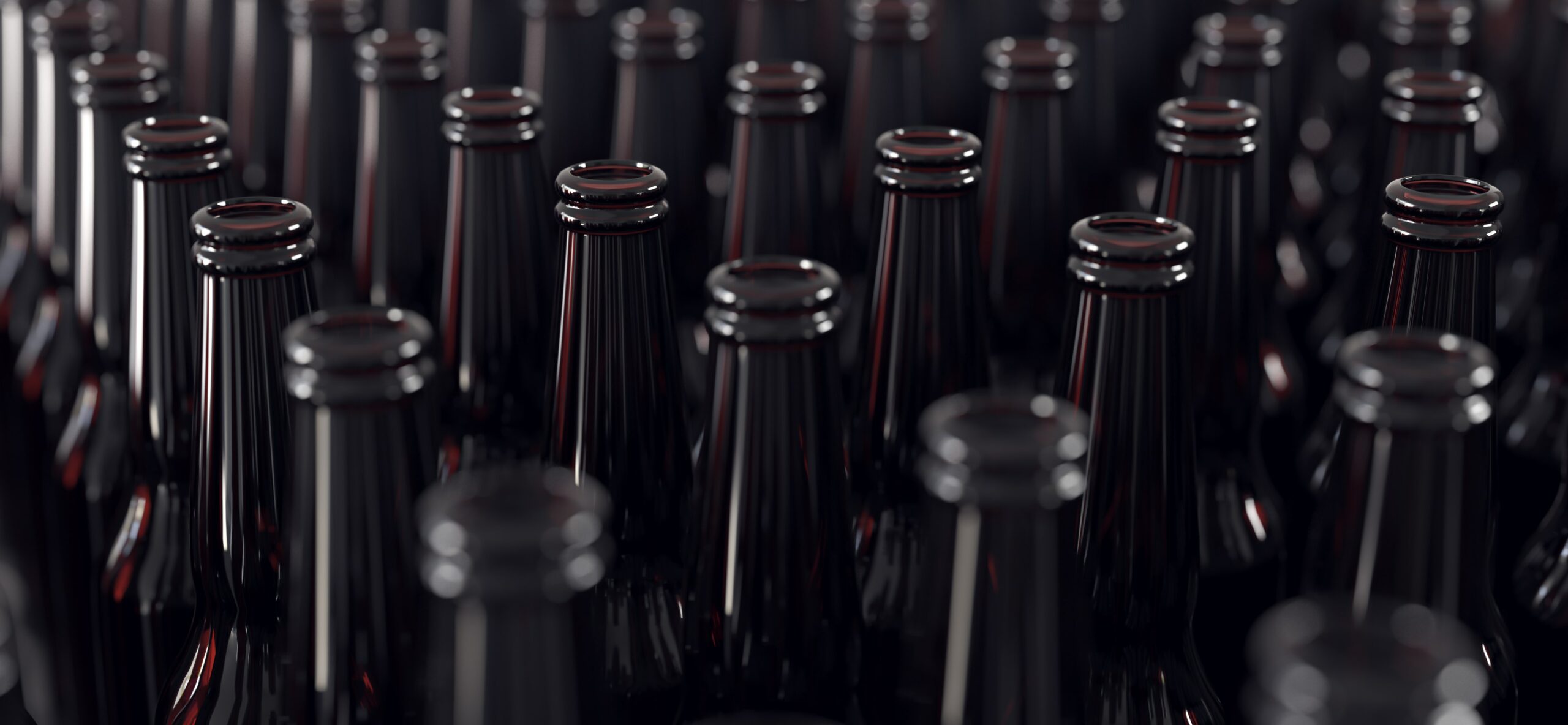What Is Alcohol Use Disorder (AUD)?
Alcohol use disorder has been estimated to affect around 15 million in the United States. While alcohol use disorder can have strong effects on both men and women, there is a strong trend of more men having AUD than women.
Problem drinking that has become severe has been given the medical diagnosis of “alcohol use disorder” or AUD. This is considered to be a chronic brain disease that is characterized by compulsive alcohol use, loss of control over alcohol intake, and a negative emotional state when not using alcohol as a substance.
In order to be diagnosed with alcohol use disorder, individuals must meet certain symptoms, which have been outlined by the Diagnostic and Statistical Manual of Mental Disorders. The current manual can be found online and is updated frequently depending on new research and the current state of the population and what’s going on in the world.
Questions to Help You Determine if You or a Loved One Has Alcohol Use Disorder
In order to assess whether or not you or a loved one may have alcohol use disorder, there are some questions you can ask or think about. These questions are based on a person’s drinking habits in the past year. These questions are:
- Have you had times where you ended up drinking more or longer than you intended?
- More than once, did you feel as if you wanted to cut down on your drinking habits, but could not?
- How much time did you spend drinking? Or being sick from the after-effects of alcohol consumption?
- Have you experienced cravings for alcohol or a strong urge to drink?
- Have you found that drinking or the after-effects of drinking, often interfered with your normal home life? Causing trouble at your job or school?
- Did you cut back on outside activities that were important or interesting to you in order to drink?
- More than once, have you gotten into situations while or after drinking that have increased your chances of hurting yourself or others? (Driving under the influence, engaging in unsafe sexual activity, using heavy machinery, heavy aggression, etc.)
- Have you experienced an increased amount of depression or anxiety? If so, have you continued to drink because of it?
- Has your tolerance to alcohol increased because of excessive use?
- When you found that the effects of alcohol were wearing off, did you experience withdrawal symptoms? (Trouble sleeping, shakiness, irritability, anxiety, depression, restlessness, nausea, or sweating.)
It is important to note that anyone meeting or answering “yes” to two or more of any of the following questions and criteria within an 11-12 month period is at an extremely high risk of receiving the diagnosis of alcohol use disorder. Medical professionals and health experts can administer these diagnoses, which is why you should seek immediate help if you’re finding yourself in this position.
Understanding When and How to Seek Alcohol Treatment
All of these questions are things to ask yourself. Yes, it can be hard to face the whole truth but if your life is being heavily impacted by alcohol, you may be experiencing alcohol use disorder. The more questions you answered yes to, the more urgent your need for change should be. Of course, any symptoms of alcohol use disorder should be taken care of immediately, but if you feel as if you’re concerned, seek professional help. A health professional, like the alcohol specialists at Go Sober, can help you conduct a formal assessment of your symptoms and see if alcohol use disorder is present, and if it is, what stage it is at.
No matter how severe the problem may seem, everyone with an alcohol use disorder can benefit from treatment. Remember it’s never too late to seek treatment and gain control back over your life. While highly effective alcohol treatment is available, less than 10% of people receive any form of treatment, leaving the rates of alcohol use disorder high. Don’t let yourself become part of that percentage. Receiving treatment can drastically improve a person’s quality of life. Change your life for the better today.
Alcohol use disorder or alcohol dependence is a real condition that affects so many people. If you or a loved one is struggling with alcohol, it’s never too late to change your life. Take back control with Go Sober.
The Go Sober outpatient alcohol treatment program is different from detox, rehab, 12-step programs, and other types of treatment. This is because our approach is rooted in medicine and neuroscience, and addresses the causes of alcohol use, not just the symptoms. We focus on treating the whole person with a comprehensive protocol that combines detox, doctor-approved medications, and lifestyle and behavioral modifications to make positive changes that lead to higher rates of success. If you or a loved one is ready to sever your relationship with alcohol once and for all, we can help. Contact Go Sober to schedule a free, confidential consultation with a compassionate alcohol specialist, and reset your life today!
All information used was received from the National Institute on Alcohol Abuse and Alcoholism.


0 Comments